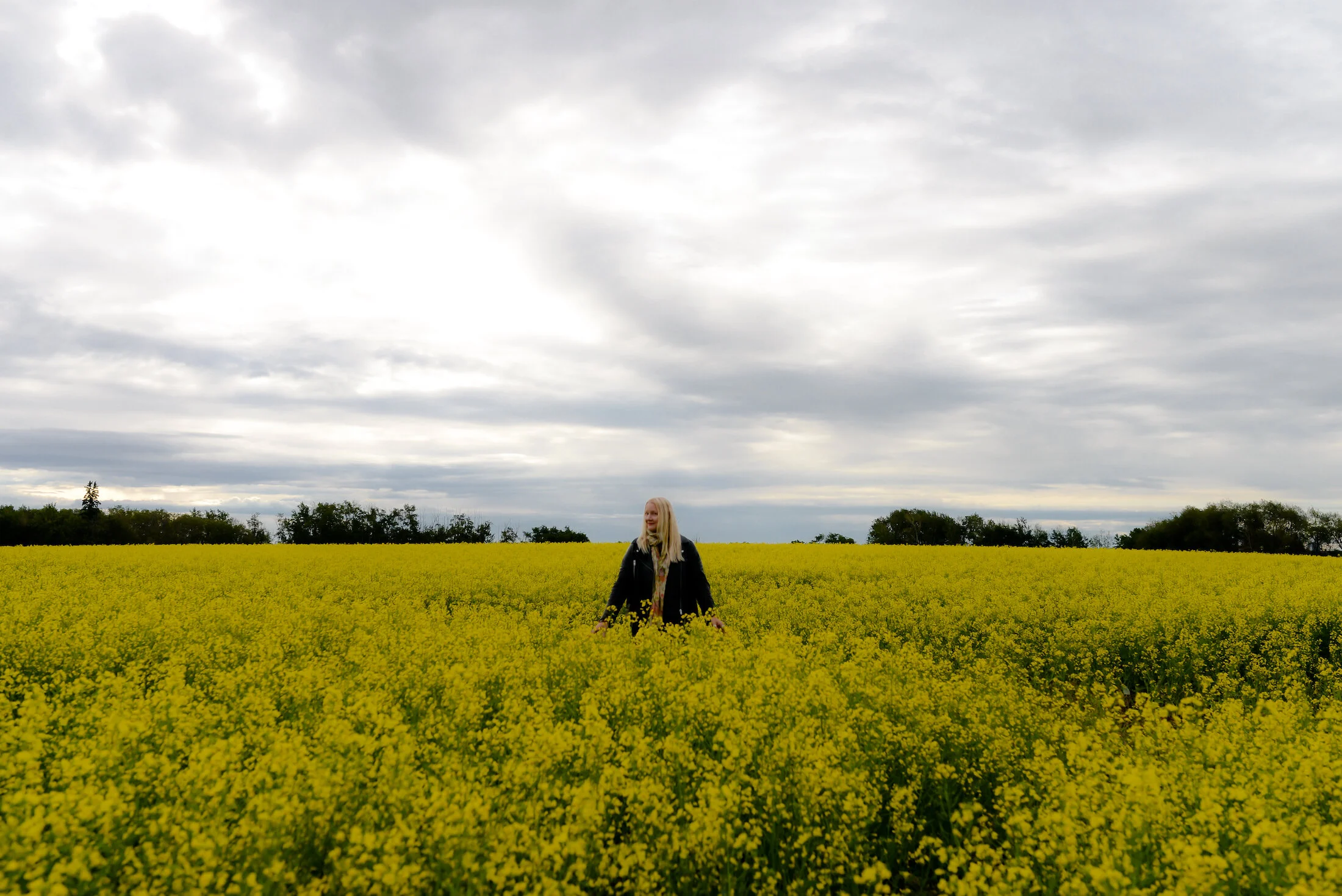We Live in the Multiple Registers
I wonder, afterwards, (for I do believe in afterwards), what questions we will ask ourselves? Could I have done better? In what circumstances could I have been more useful? Kinder? Happier? More forgiving?
The thing about right now is that we are living sharply and very apparently in the multiple registers. Of course we always have lived thusly. Hélène Cixous says that this mode is Shakespearean. “If Shakespeare had crossed the centuries, it’s because he did not make a rupture in the truth of our states. He always made what happens to us in reality appear: that in the most extreme tragedy, in the most extreme pain, we can feel ridiculous and be ridiculous. This is moreover what we dread. Because we are in the multiple register all the time. The monovocal register does not exist.”
There are many difficult things about our current time, but this is one of them. The multiple registers bearing down upon us fast and ruthless. One minute we’re laughing at the relatable-ness of Susan Orlean’s beautiful drunk tweets, the next we’re helping find poetry for a memorial service, we’re mourning, and we’re empathizing, and we’re telling some pretty fine jokes. We’re remembering and forgetting, we’re listening and we’re having trouble listening, hearing. Things are coming at us at warp speed and it’s hard to process it all. And yet, so much is the same as ever. And then it’s still possible to feel joy, to feel giddy and happy and to experience pleasure. Weird, right? But it’s always been this way. We don’t quite know what to do with ourselves. Years ago upon hearing my brother took his life, I was in shock and went and sat numb in a class on 18th century literature. There was a point where sitting there I felt like laughing because it was such a dumb thing to have done. The year our daughter was born my grandfather died, and then the next year my father-in-law died. It’s possible to be happy and sad simultaneously, though no one ever said this was easy. Ridiculous, maybe.
Sometimes I think it’s almost harder to be happy these days than to be sad. But it’s still possible.
Why I Am Happy
by William Stafford
Now has come, an easy time. I let it
roll. There is a lake somewhere
so blue and far nobody owns it.
A wind comes by and a willow listens
gracefully.
I hear all this, every summer. I laugh
and cry for every turn of the world,
its terribly cold, innocent spin.
That lake stays blue and free; it goes
on and on.
And I know where it is.
In Elizabeth Smart’s The Assumption of the Rogues and Rascals, she says, “Sometimes a shaft of pain comes down out of a tree for no reason at all. Sharp, diagonal, sudden out of a landscape, it finds the vulnerable bit to pierce into. Happiness is not geometrical, but flows in from all sides wherever you look. If you are overwhelmed, you might as well relax in the whirlpool. It’s winning. All you can learn is ecstatic surrender.”
We need to do more than just live through this time. Could we not live while in it? Should we not learn something about ecstatic surrender?
These are not new thoughts or observations. Hey, I’ve been singing the Sheryl Crow song loudly in my car for a very long time now. “If it makes you happy then why the hell are you so sad?”
It’s always been a ride, this negotiating between happy and sad. Even the kids are onto it.
“And I'm the kind of person who starts getting kinda nervous
When I'm having the time of my life
Is there a word for the way that I'm feeling tonight?
Happy and sad at the same time”
– Kacey Musgraves
Is there a word for it? Shakespearean? Ridiculous? I don’t know, but I do know that if you seek out pockets of happiness, you’ll be better able to weather the other registers, the inevitable truths of the less pleasant and trickier spheres.







